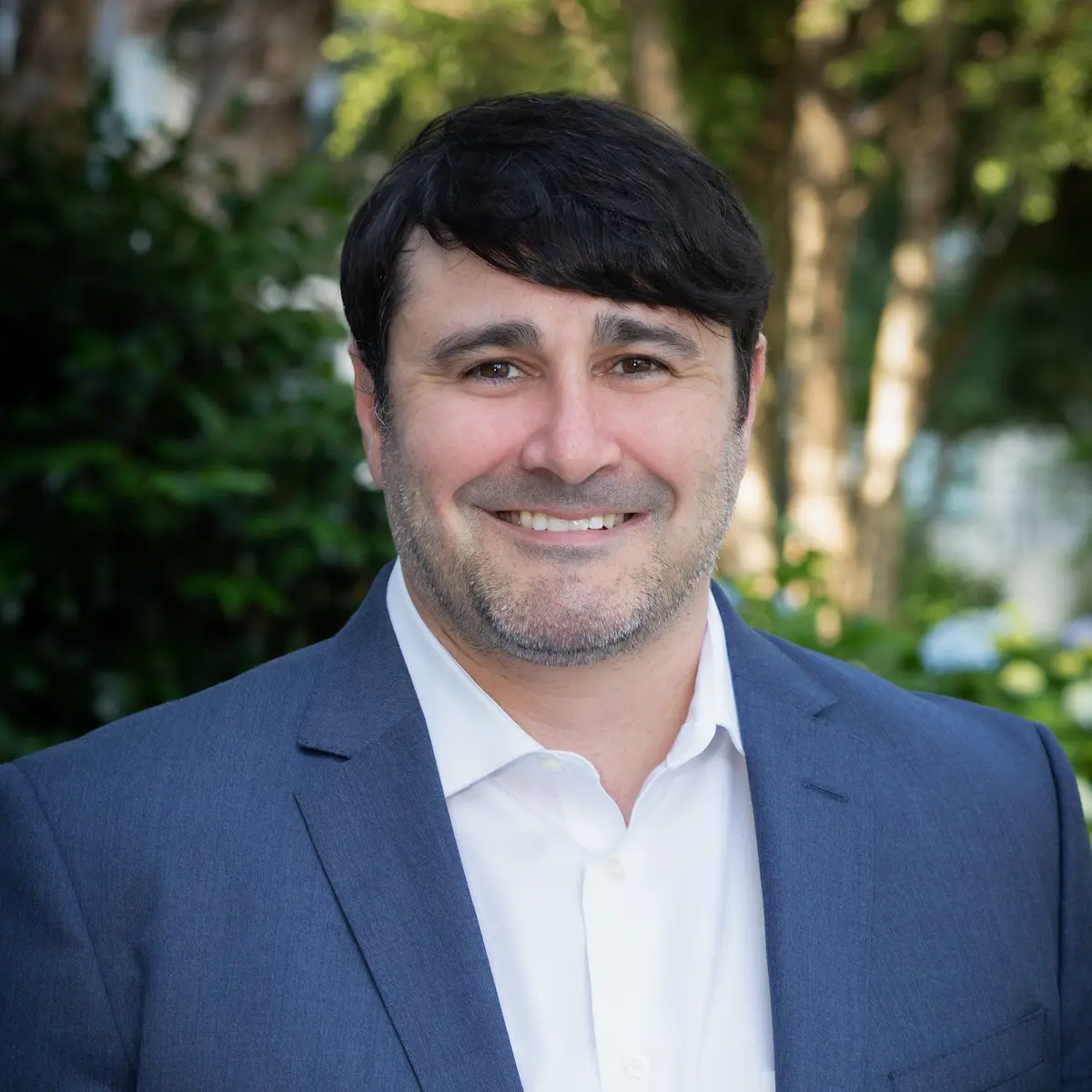As cities grapple with limited resources and urban revitalization, one innovative approach gaining traction is adaptive reuse. By repurposing existing structures, such as warehouses, factories and office buildings, adaptive reuse offers a sustainable solution to create affordable housing. However, financing these projects can pose a significant challenge.
The priority of financing an adaptive reuse project is finding an experienced lender, which will increase the chances of a smooth funding process.
The challenges and risks associated with repurposing existing structures can make traditional lenders hesitant to provide financing. In such cases, alternative lenders like, who specializes in adaptive reuse and has a track record of working with these projects, can be a valuable resource.
Stonehill has a deep understanding of the unique considerations involved in adaptive reuse, such as the complexities of assessing the property’s value, estimating renovation costs, and managing potential environmental or structural issues. As a result, Stonehill is usually more willing to provide flexible terms and agreements to accommodate the specific needs and challenges of adaptive reuse projects.
Hotel to Multi-family Conversion Case Study
Stonehill recently financed $11 million for the conversion of a former 195-key conference hotel into 195 affordable studio apartment units. The hotel’s conference space was transitioned to resident amenities including a fitness center, common laundry facilities, lounge areas, large outdoor courtyard and co-working space.
In addition to the sponsor’s experience in workforce housing, the business plan was attractive to Stonehill because of the strong traditional apartment market and demonstrated population growth in the area. And, once complete, the development offers new apartment product at affordable rents for the market.
Benefits of Adaptive Reuse for Affordable Housing
Adaptive reuse provides various benefits, making it an attractive option for affordable housing development.
- Cost-effectiveness: Repurposing existing buildings for affordable housing can significantly reduce development costs compared to constructing new buildings. Existing structures often have solid foundations, basic infrastructure and utilities in place, which can save both time and money during the renovation process. This cost-effectiveness makes adaptive reuse an attractive option for affordable housing initiatives, as it maximizes available resources.
- Preservation of heritage: Adaptive reuse projects offer the opportunity to preserve and celebrate a city’s architectural heritage and historic landmarks. By repurposing buildings with historical significance, communities can retain their cultural identity and architectural character while addressing the pressing need for affordable housing. This approach promotes a sense of pride, connects residents with their city’s history, and contributes to the overall cultural fabric of the community.
- Sustainable solution: Utilizing existing structures through adaptive reuse aligns with sustainable development goals. It reduces the demand for new construction, which requires additional resources, energy, and land. Adaptive reuse minimizes waste generation and environmental impact associated with demolition and new construction by repurposing and renovating existing buildings. This approach promotes resource efficiency and contributes to the overall sustainability of urban development.
- Revitalization of neighborhoods: Converting vacant or underutilized buildings into affordable housing has the potential to revitalize neighborhoods. Adaptive reuse projects can attract residents, businesses, and investments to previously neglected areas by breathing new life into these spaces. This revitalization enhances economic growth, improves community aesthetics, and fosters a sense of pride and ownership among residents. It also supports community development by providing affordable housing options and improving the overall quality of life in the neighborhood.
Considering these benefits, adaptive reuse is a multifaceted approach that addresses the affordable housing crisis and promotes sustainability, heritage preservation and community revitalization. It is an innovative solution that leverages existing resources to create positive social and environmental impacts in urban areas.
Working with Peachtree Group in financing adaptive reuse into affordable housing can increase the chances of securing the necessary funding, navigating the process’s complexities, and ensuring a higher likelihood of project success. Contact me today to discuss your project dsiegel@peachtreegroup.com.
Daniel Siegel is principal and president of Peachtree’s commercial real estate lending group overseeing the group’s expansion into commercial real estate lending. Before joining Peachtree, he was managing director at a large private equity firm and the head of high-yield investments. Prior to joining that firm, Siegel was vice president of acquisitions at Rialto Capital, overseeing the distressed loan acquisitions platform. During his tenure at Rialto, Siegel directly oversaw the acquisition of commercial real estate loans on both domestic and international opportunities. Additionally, he developed the firm’s small balance loan acquisition platform and led the company’s first European acquisition. Siegel has a bachelor’s degree in finance from Tulane University.
Contact Daniel at dsiegel@peachtreegroup.com.






